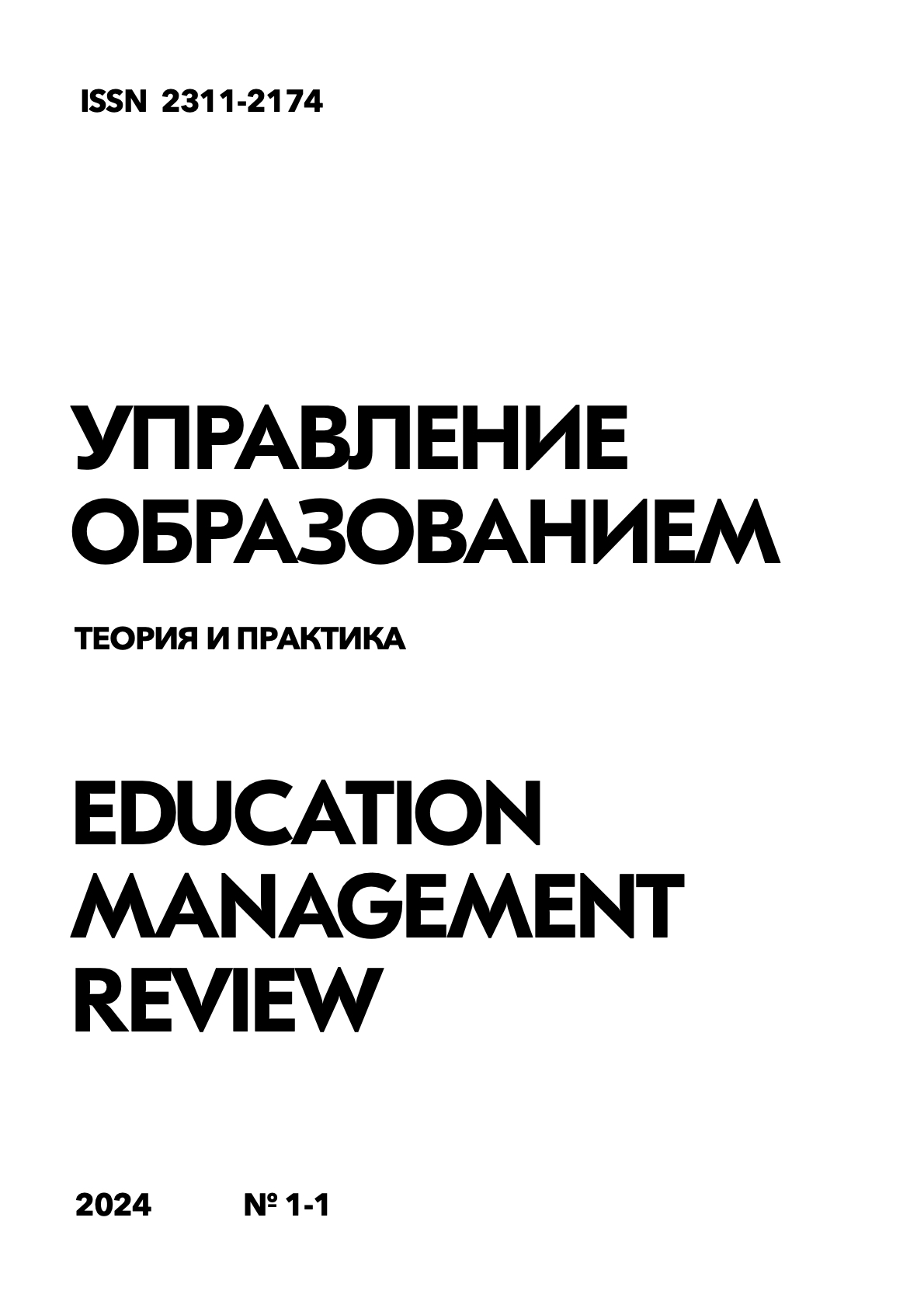An overview of mathematical problems that surprise with their answers
DOI:
https://doi.org/10.25726/u1959-5258-6444-uKeywords:
mathematics, universality of mathematics, mathematical precision, rigor of mathematics, unusual mathematical problems, obvious answers, the world around usAbstract
Teaching mathematics is a process in which students (schoolchildren or students) learn the abstract and logical laws of mathematics, as well as their application in solving problems. By adding new mathematical facts to their knowledge, they become more confident in their abilities, develop logical and critical thinking, which are necessary not only for studying many other disciplines, but also for learning about the world around them. The article considers examples of problems from various branches of mathematics (arithmetic, algebra, geometry, combinatorics, probability theory, mathematical statistics, mathematical logic, etc.), which at first glance have obvious answers. However, these answers are incorrect and only rigorous mathematical reasoning (or calculations) allow you to get the correct answer to the question posed in the problem. Moreover, the tasks are chosen in such a way that they surprise with their correct answers, which seem incredible, questionable and even contrary to common sense. Only rigorous mathematical reasoning can dispel these doubts. Analyzing mistakes made during solving a mathematical problem helps students better understand where they reasoned incorrectly, how to correct incorrect conclusions, and what needs to be done to avoid such an error in the future. Correcting mistakes will help them better understand the mathematical material and the surrounding reality.
References
Зеленский А.С. Использование специально сконструированных ошибочных и нерациональных решений задач для повторения и коррекции знаний учащихся // Математика в школе. 2012. №2. С. 24-33.
Знаменитая Шахматная легенда про Царя, Мудреца и пшеничные зёрна. Режим доступа: https://dzen.ru/a/YGh4Ktrnjj8ojkIx.
Награда. Режим доступа: https://www.poznovatelno.ru/opit/chisla/154.html.
Парадокс Рассела. Главный парадокс теории множеств, оказавший влияние на всю математику. Режим доступа: https://dzen.ru/a/Xz-1Hv7umhwvrlnh.
Парадокс трёх шкатулок, который на первый взгляд противоречит здравому смыслу. Режим доступа: https://dzen.ru/a/YiMtnXBOvwOWVkht.
Тонких А.П. Математика: учебное пособие для студентов факультетов подготовки учителей начальных классов: в 2 кн. / 2-е изд., испр. Москва: КДУ, 2008. 20 с.
Тонких А.П. Сборник компетентностных задач по математике для начальной школы: пособие для учителей начальных классов. Брянск: Курсив, 2009. 84 с.
Тонких А.П. Стохастика в начальной школе: Сборник задач. Пособие для учителей начальных классов / М.: ООО «Баласс», 2013. 128 с.
Тонких А.П. Теоретические основы решения нестандартных и занимательных задач в курсе математики начальных классов // Начальная школа плюс До и После. 2002. № 5. С. 47-57.
Чебакова Г.В. Диагностика типичных ошибок. Режим доступа: https://kopilkaurokov.ru/matematika/prochee/diaghnostika-tipichnykh-oshibok-pri-rieshienii-zadach-na-urokakh-matiematiki.




